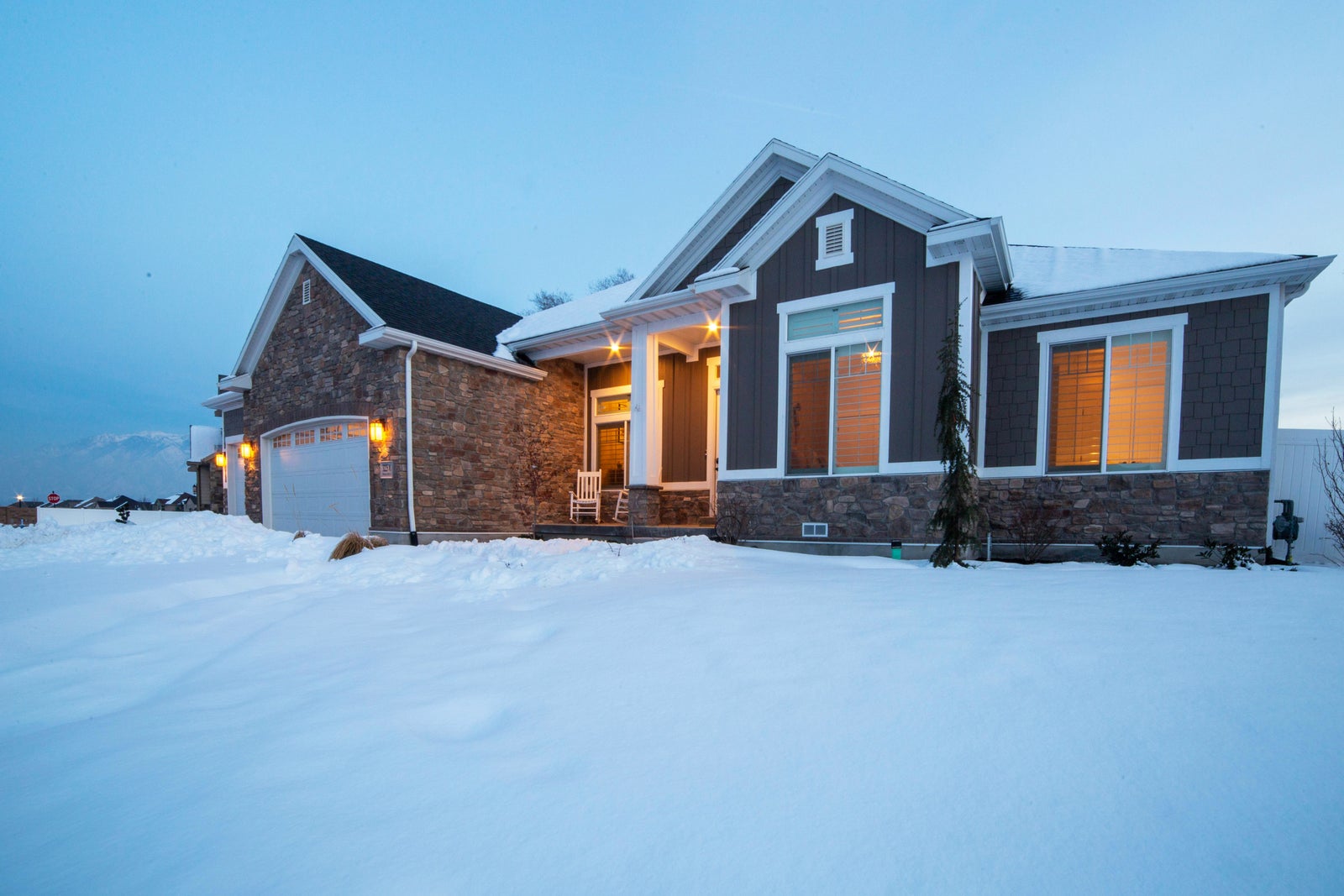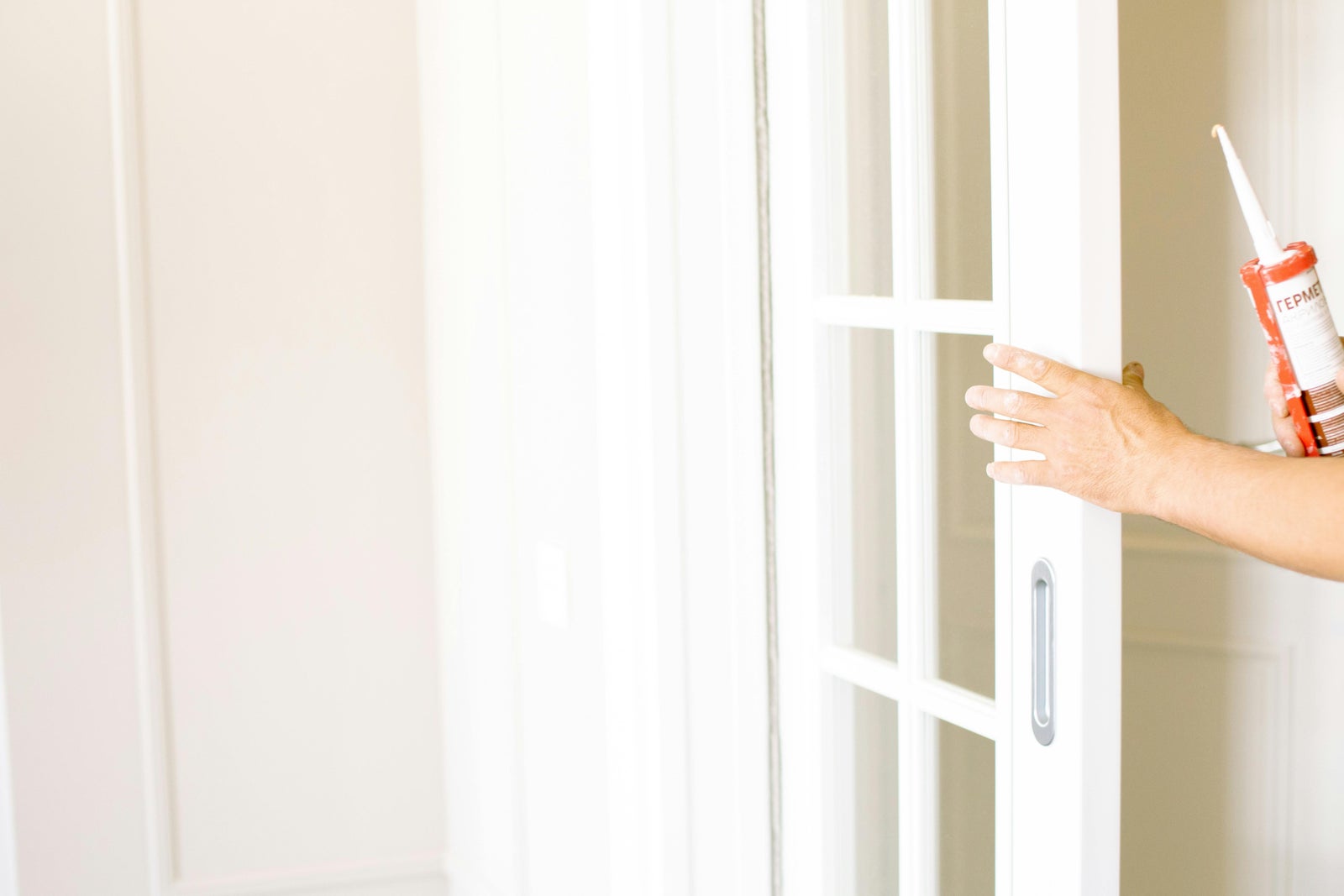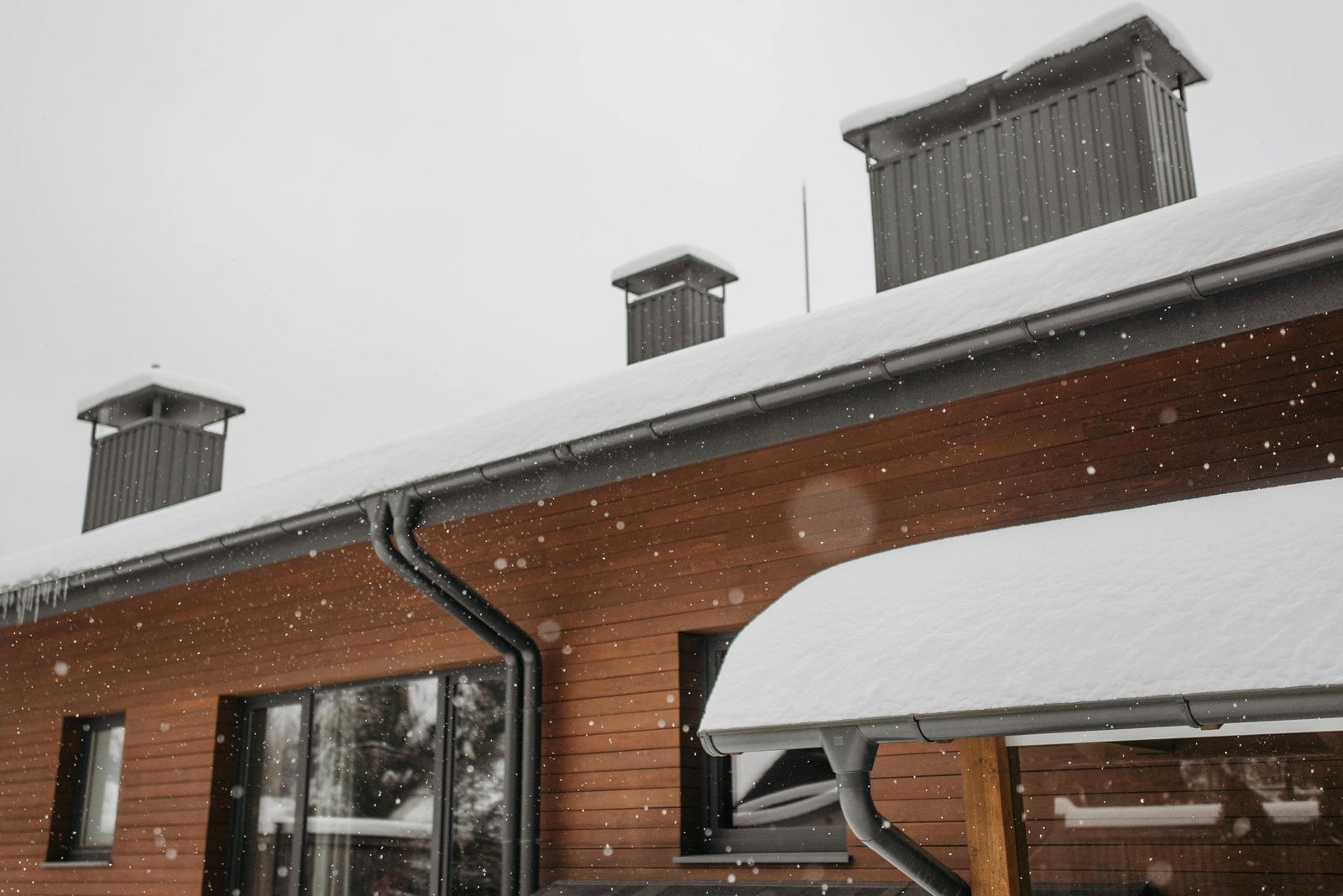
As we say goodbye to the long, warm days of summer and welcome fall, it’s important to prepare both ourselves and our homes for the colder days ahead. Fall is a great time to check off those pre-winter tasks and will ensure that your house is ready for the winter season.
Check Your Heating System
One of the most important things you should do before the winter season arrives is check and service your heating system. This includes:
- Replacing or cleaning filters: Depending on when your filter was last changed, you may want to swap it out before the winter season.
- Clean or block your chimney: If you have and use your fireplace, you’ll want to have your chimney cleaned at least once a year. If you don’t use your fireplace, use a chimney balloon to block the chimney and prevent cold air from entering your home.
- Service your HVAC system: If your HVAC system is due for maintenance then fall is a great time to do it.
Your heating system will likely be working all winter to keep you and your family warm, so be sure it’s running efficiently before the cooler weather comes.

Seal Up Drafts
Losing heat through windows and doors is not only going to make your home colder, but will cost you more in energy bills, too.
- Caulk or re-caulk: Add caulk to the outside windows, doors, or any crevices where heat may be escaping. Be sure to choose an exterior caulk that can withstand colder temperatures.
- Add weatherstripping: Inside, doors and windows can be weatherstripped to prevent cold air from slipping past.
- Thermal curtains: Heavier curtains or insulated curtains will help keep heat inside during the winter and outside during the summer.
Clear Up Your Yard
Winter can be a dangerous time for your trees, as storms and ice can weigh them down and cause them to fall onto your property, or worse, your home.
- Trim your trees: Trim any branches or trees that are near power lines or your roof.
- Prepare your shrubbery: Cover up your shrubs in preparation for winter weather.
- Store your patio furniture: Store or cover your patio furniture so that it stays in great shape for next season.
- Bring in tools: Some tools will be fine in your shed during the winter, but any tools that use liquids that can freeze will be damaged in the cold.

Inspect Your Roof
A roof with missing shingles or that’s in bad shape is just asking for problems during the winter season.
- Check for damage: If your roof is missing any shingles or has damage, fix it as soon as possible. The weight of snow in winter combined with the cold temperatures will damage a roof even further.
- Clean the gutters: Clean out your gutters to prevent any ice dams and water damage.
- Check your water drains: Be sure that any water drains are draining away from the foundation of your house.
Protect Your Pipes
Frozen pipes can lead to costly damage, so take steps to prepare your pipes for the winter weather.
- Turn off spigots: Turn off your spigots from the inside to prevent any freezing that could cause water damage.
- Disconnect hoses: Disconnect any hoses and put them away for the winter.
- Insulate your pipes: Tubular insulation can be used on any pipes you fear might freeze, such as those in unheated areas like the attic and garage.
- Maintain consistent interior temperatures: If you plan to travel during the winter, keep the heat on in your home at a lowered but reasonable temperature to prevent your pipes from freezing.

Additional Maintenance Ideas
There are many little things that can be done around your home to make it more comfortable for winter:
- Adjust your ceiling fans: The direction a ceiling fan spins can help either cool or heat a room. In the winter, change the fan’s blade direction to clockwise in order to move heated air downwards and across the floor. Switch back to counterclockwise in the summer.
- Alarm check: Check to see if your smoke and carbon monoxide alarms are working properly.
- Set up emergency kits: In case of a power outage, set aside supplies such as water, candles, flashlights, a first aid kit, and blankets.
